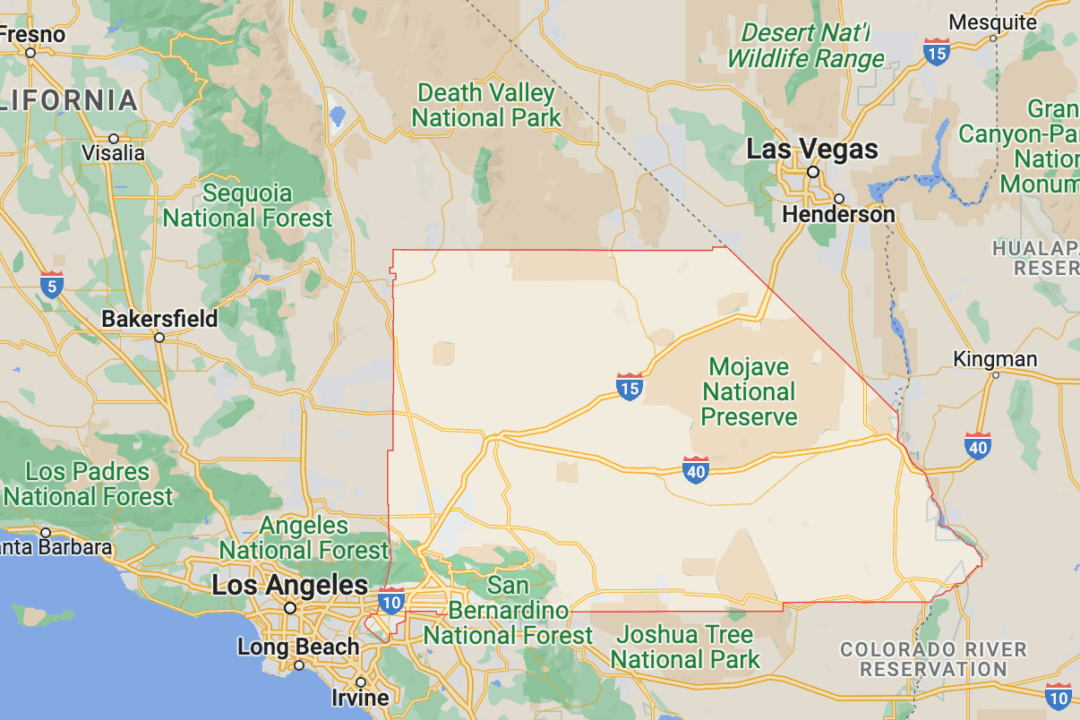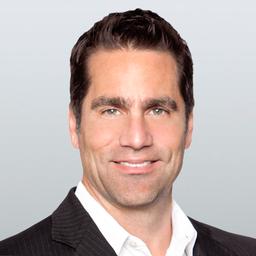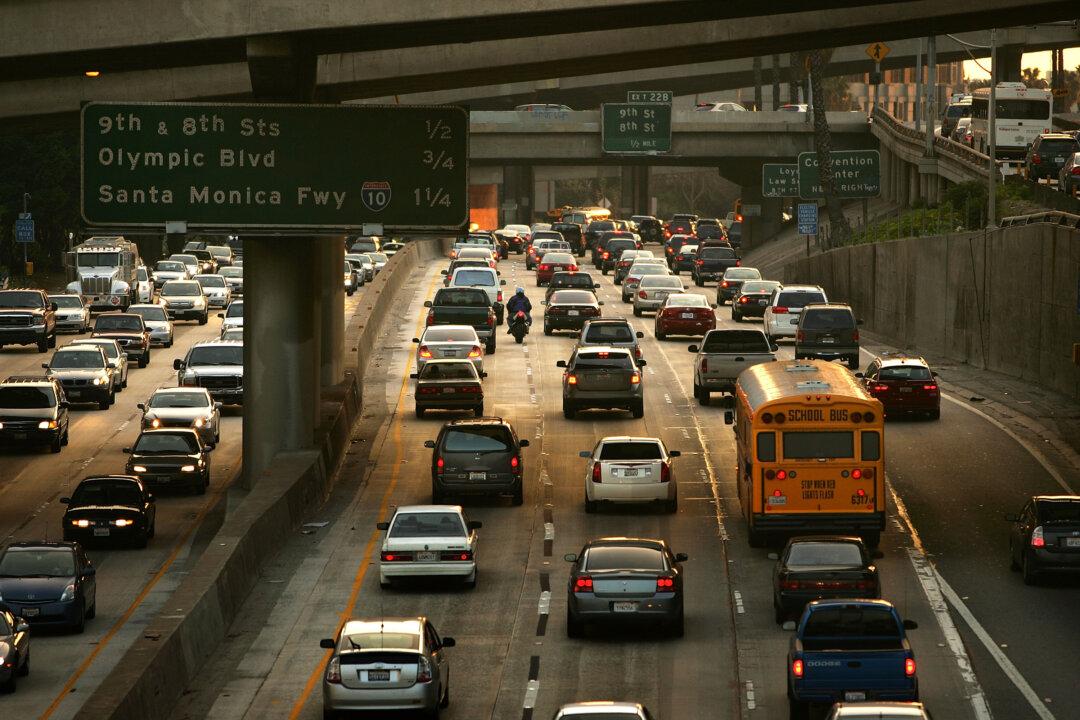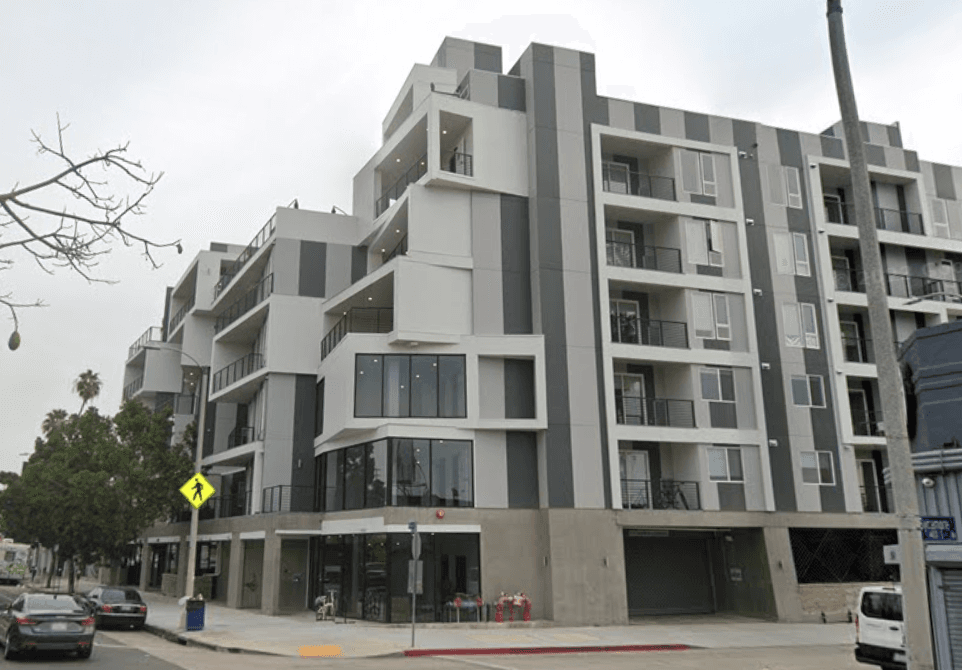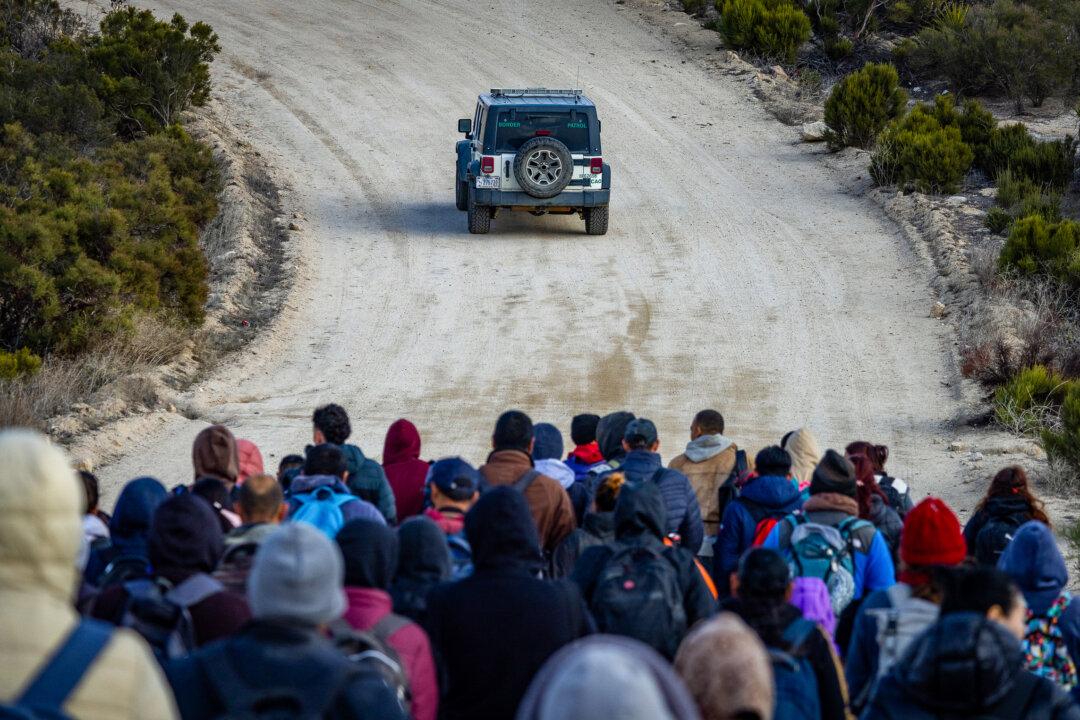Commentary
San Bernardino County, California’s largest geographically, will put the question of seceding from the state on the ballot in November. It is so fed up with California’s leaders, with no prospect for change, that it is seriously considering leaving to become its own state.
